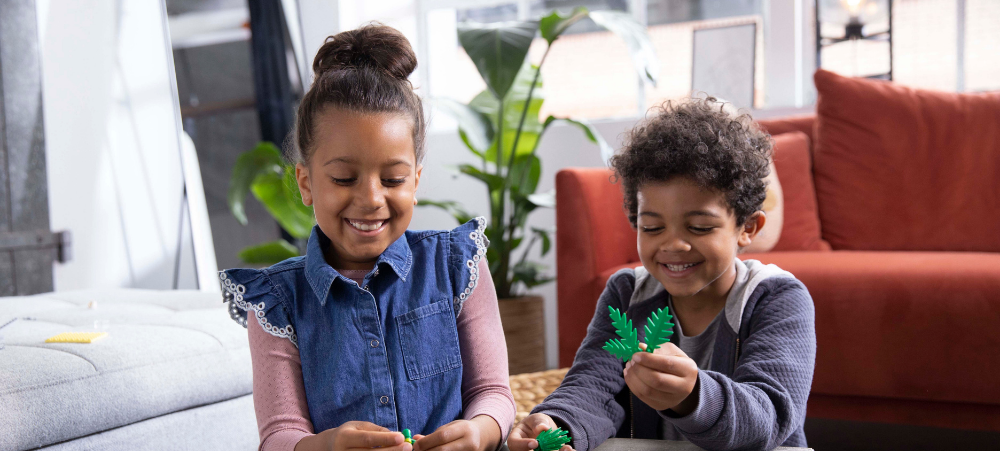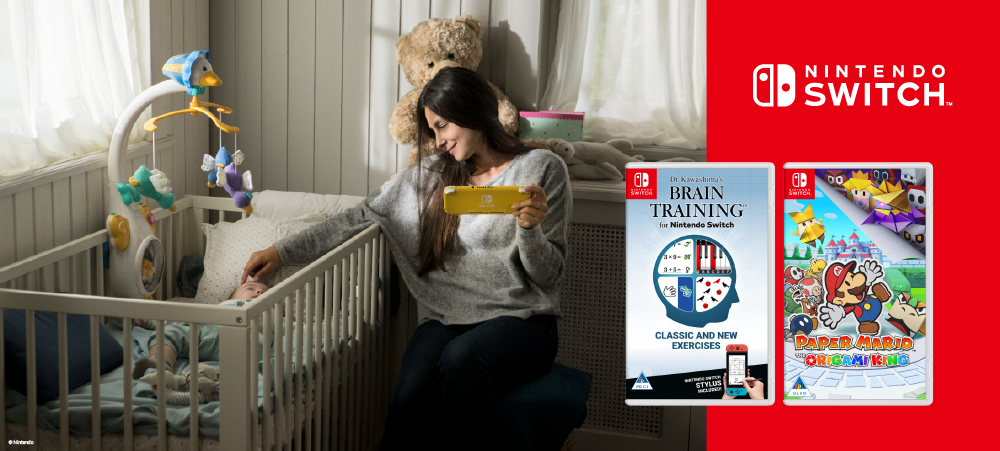
Boston Online Home Education to extend its academic support and services
Boston Online Home Education, a registered Cambridge International Associate, is your home education partner. We create credible online pathways for parents/guardians of home educated learners toward the attainment of school-leaving alternatives that are internationally recognised for entry into leading local and global universities. As a pioneer in private higher education specialising in online and distance learning over the past 30 years, the Boston group realises the challenges faced by parents who select to home school their children. As a result Boston is extending its educational expertise to support parents and learners via Boston Online Home Education. Our mission is to create new opportunities for home education parents and learners to choose an aspirational online learning experience by offering support to the Cambridge International single subject, i.e. International General Certificate of Secondary Education (IGCSE) and Advanced Supplementary (AS) Levels, or group awards, i.e. International Certificate of Education (ICE) and Advanced International Certificate of Education (AICE). The Cambridge International Certificate of Education (ICE) is for learners turning 14 in the first year of registration and who have achieved either a Grade 8. And the Advanced International Certificate of Education (AICE) stream is for learners turning 16 in the first registration year and who have achieved either a Grade 9 or 10 or the ICE. Learners also have the option to register for Cambridge examinations in respect of individual Cambridge subjects to supplement their existing studies especially for those learners who wish to enter into high stakes faculties such as medicine or engineering after school. Parents of a learner without a grade 9 are required to register their child as a home-school learner with the Provincial Department of Education in the province in which they reside. “Being a registered Cambridge Associate brings huge advantages to parents and their children. The educators at Boston continually work with the academic and assessment guidelines, which are only made available by Cambridge to registered Cambridge associates and Cambridge schools. This means we have access to the Cambridge curriculum statements which ensure that the support is directed towards the guidelines specified by Cambridge. These guidelines also direct the “how” of the assessment methodology for each topic, thereby ensuring that learners will be well prepared for their exams. It is therefore critical for parents to ensure that they are getting support from a credible source such as a registered Cambridge Associate” says Katz. Amongst the challenges faced by parents is ensuring that their children have access to quality content and assessments whilst being able to monitor this progress. As a result Boston have developed a comprehensive offering of recorded lessons, summaries, e-books and assessments with triggers being sent to the parent so that the parent is able to monitor the progress of the child throughout the learning journey and track performance. The parent has a specific log in feature to participate in the learning journey. Forums and discussion groups between peers and educators are also integral support mechanisms with access to experience educators to solve problems is fundamental. Through strategically designed learning material, learners have the benefit of honing higher order skills of comprehension, understanding and application. Expert tutors are on standby to ensure personal attention to guide and assist each learner. Learners also have the advantage to study at their own pace, whilst the use of online technology assists with diagnostics pinpointing what a learner knows and where there are gaps as opposed to getting lost in the classroom because a learner might feel uncomfortable to ask question. Learners also have access to teachers who provide personal guidance and support. Learner progress is also monitored through a range of formal and informal assessments, facilitating detailed feedback to parents and learners, enabling relevant academic intervention throughout the learning process. ”We are not a private or independent school, as we do not enrol learners in any grades or have physical school grounds. We also do not set any curricula, exit exams or issue awards – this is done solely by Cambridge International, and you need to register for this separately. We can however assist you by facilitating this separate registration process”. “We do not replace your legal responsibilities and duties as a parent or guardian of the home education learner. Our focus is about providing support to parents and learners in the home school journey”. Boston encourages social interaction through multiple opportunities to work and interact online in groups with other learners. In this way, learners are able to enjoy a local and global social infrastructure. Boston enhances this further through the many extra curricula activities such as digital music production, journalism club, public speaking and even an online chess tournament. “We aim to assist parents so that their children develop skills and future readiness through a holistic support program of academic excellence, offering learners the opportunity to enjoy an alternative to high school while preparing them for a successful and fulling future”.


































